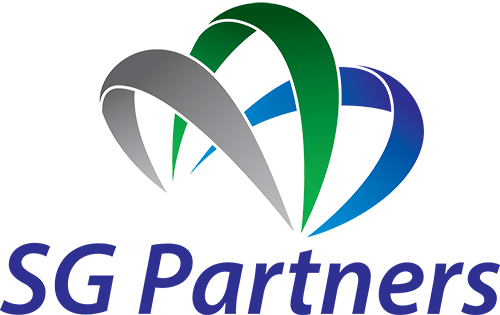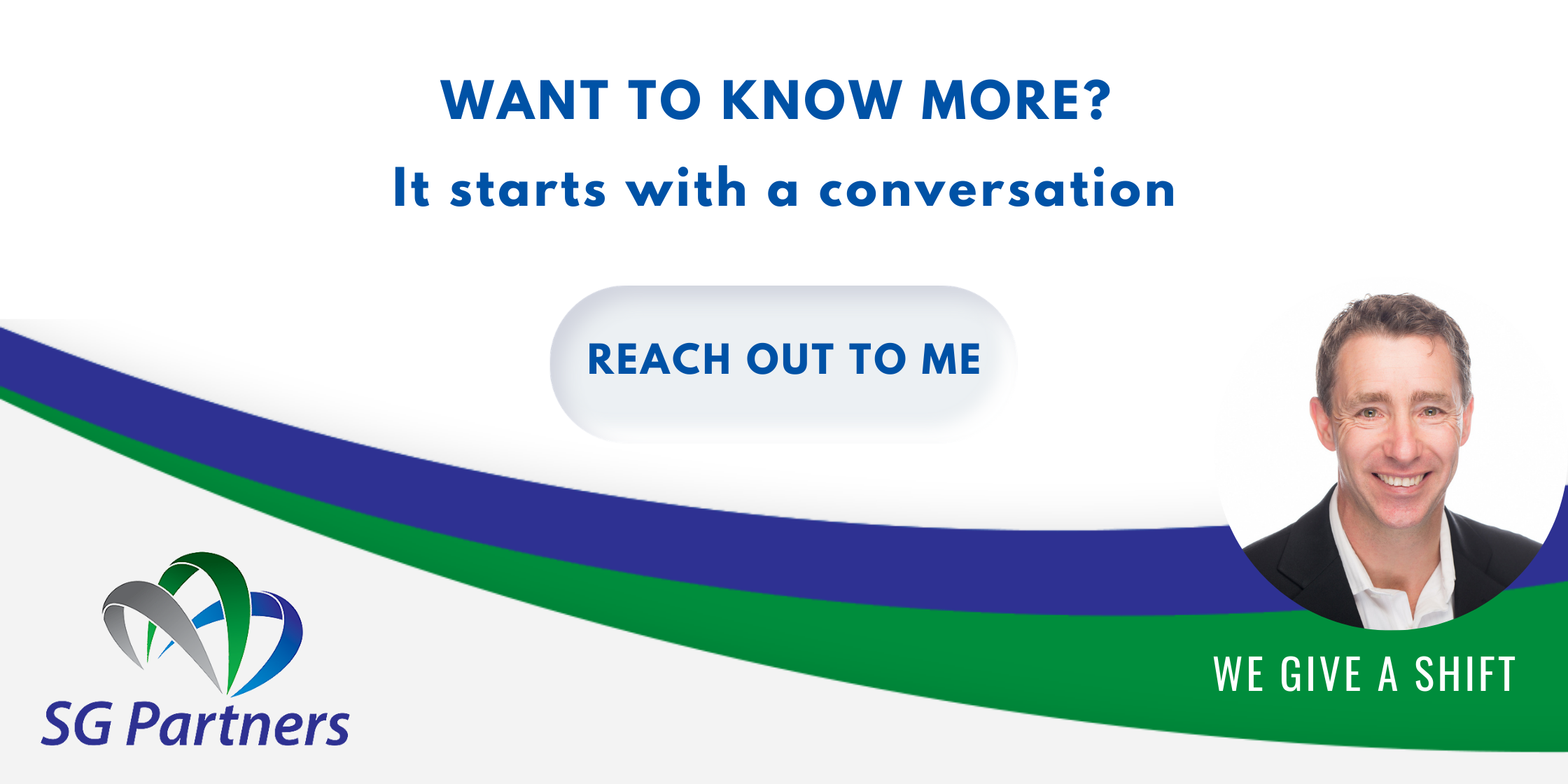Leadership and the Importance of EQ
/Ready… Fire… Aim…
I recall riding on my mountain bike early one Sunday morning. On one downhill stretch, there is a blind turn that runs close to a creek. As I came around the corner, I noticed there was a mother duck and several ducklings.
I quickly consider my options:
1. Crash into the tree on the right,
2. Turn into the creek on the left or
3. Head straight and hope the ducks are OK.
Seems the mother duck thought even faster than me. She turned fast and headed straight into the creek. All ducking immediately got into a line and followed her without question.
This got me thinking:
I have heard people say ‘we need to get our ducks in a row.’
This is a useful analogy/strategy in certain contexts; when most variables are known, a repeat or similar project, or the boundaries are well understood. In these circumstances planning well before executing seems appropriate.
For anything novel or innovative, absolute clarity is rarely available.
A leader who always needs to have their ducks in a row will delay decisions, miss opportunities and place doubt into her/his teams.
You might call this type of decision making: Ready, Aim, Fire.
There is a lot of time invested in the Aim phase. This is a challenge in dynamic circumstances because there is an over analysis of the desired outcome to make sure all details are considered. This results in a delayed action phase (Fire) which can erode the full benefits of acting fast.
Like the mother duck, sometimes decisions need to be made fast and trust that your people will just follow you lead without question.
To take advantage of a new opportunity, you might consider adopting a different approach:
Ready, Fire, Aim.
You have some idea of what outcome you want minus all the details (Ready), you make the decision and engage your team to take positive and purposeful action towards the outcome (Fire). You then put in checks to assess how well the team are doing towards the outcome (Aim), and constantly adjust as needed (Fire) over and over again.
You must believe that:
There is no failure, only feedback
This will deliver results as well as learning (failures)
When something is done that doesn’t work, learn from it, rethink and fire again
Your team also need to believe that they won’t be punished for making a mistake
Your team will be supported and given the resources and they need to constantly get up and move forward again





